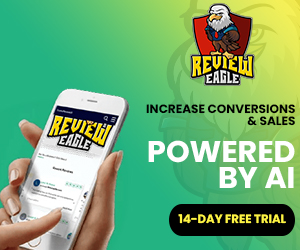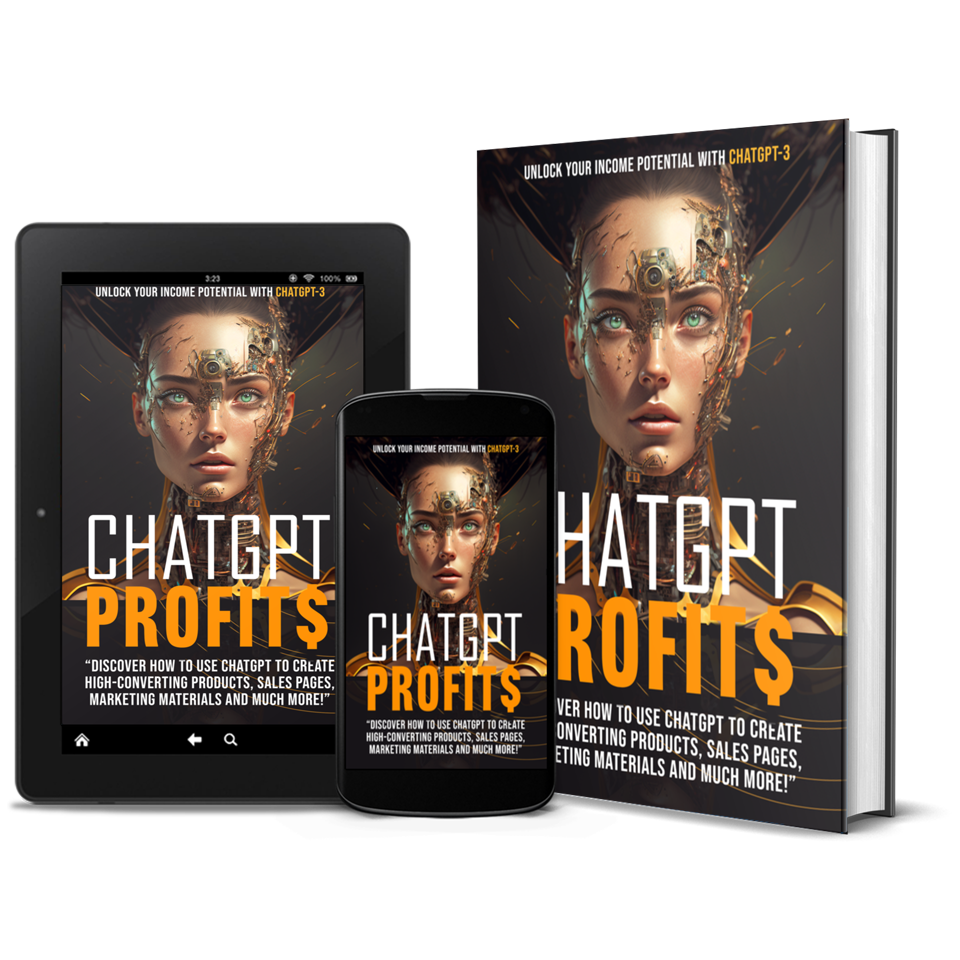In a world where speed and efficiency can make or break a business, the art of lead generation has evolved beyond recognition. The days of cold calling and manual data entry are swiftly fading into the annals of history, replaced by technology-driven strategies that not only save time but also propel businesses to unprecedented heights. Picture a bustling marketplace where potential clients are drawn to your business like bees to honey—a scenario made possible by automating lead generation. This revolution is not just about bending the rules of engagement; it’s about rewriting them entirely. By integrating cutting-edge tools and tactics into your lead generation strategy, you can create a seamless and scalable system that works tirelessly in the background to grow your client base while allowing you to focus on other critical aspects of your business.
Imagine waking up each day to a deluge of new business opportunities, all generated while you were comfortably asleep. Automation is transforming this dream into reality by turning the once laborious process of lead generation into an effortless operation. Gone are the days of sifting through mountains of data and manually following up with every prospect. Today, innovative software solutions can identify, engage, and nurture potential customers with precision, ensuring that your sales funnel is always brimming with promising leads. Whether you’re a solo entrepreneur or part of a large corporation, learning how to harness the power of automation can give your business a competitive edge and lay the foundation for sustainable growth. Prepare to embark on a journey that could redefine your success story, as we delve into the tools and strategies that are revolutionizing lead generation today.
Understanding the Evolution of Lead Generation
The traditional methods of lead generation, such as cold calling and manual data entry, have become outdated in today’s fast-paced business landscape. With advancements in technology, businesses are now able to automate the lead generation process, saving time and resources while increasing efficiency. This evolution has transformed the way businesses attract and engage potential customers.
Automation has made it possible to streamline lead generation by using tools and software that can identify and target specific audiences. By leveraging automation, businesses can create personalized marketing campaigns that resonate with their target market. This targeted approach not only increases the chances of converting leads into customers but also saves valuable time and resources.
Furthermore, automation allows for real-time tracking and analysis of lead generation efforts. Businesses can now monitor the effectiveness of their campaigns, identify areas for improvement, and make data-driven decisions to optimize their lead generation strategies. This level of insight was previously unattainable with manual processes.
The Impact of Automation on Lead Generation
The impact of automation on lead generation cannot be overstated. By automating repetitive tasks such as data entry and follow-up emails, businesses can focus their time and energy on more important activities like building relationships with prospects or developing new products or services.
Automation also ensures consistency in lead generation efforts. With automated workflows in place, businesses can ensure that every prospect receives a timely response or follow-up communication. This consistency builds trust with potential customers and increases the likelihood of conversion.
Moreover, automation enables businesses to scale their lead generation efforts without increasing manpower or resources significantly. With automated systems in place, businesses can generate a higher volume of leads without compromising quality or efficiency.
Leveraging Data Analytics for Targeted Lead Generation
Data analytics plays a crucial role in modern lead generation. By analyzing data from various sources, businesses can gain valuable insights into their target audience’s preferences, behaviors, and pain points. This information allows businesses to create highly targeted marketing campaigns that resonate with potential customers.
Automation tools equipped with data analytics capabilities can track and measure the effectiveness of lead generation efforts. Businesses can analyze metrics such as click-through rates, conversion rates, and customer engagement to identify which strategies are working and which need improvement.
Additionally, data analytics can help businesses identify trends and patterns in customer behavior. By understanding these patterns, businesses can tailor their lead generation strategies to align with customer preferences, increasing the chances of conversion.
Harnessing the Power of AI in Lead Scoring
Lead scoring is an essential aspect of lead generation. It involves assigning a value or score to each lead based on their level of interest or engagement with a business. Traditionally, lead scoring was a manual process that required significant time and effort.
However, with the advent of artificial intelligence (AI), lead scoring has become more accurate and efficient. AI-powered algorithms can analyze vast amounts of data to determine which leads are most likely to convert into customers. This automation not only saves time but also ensures that businesses prioritize their efforts on leads with the highest potential for conversion.
AI-powered lead scoring systems continuously learn from past interactions and adjust their scoring criteria accordingly. This adaptive approach allows businesses to refine their lead generation strategies over time and increase the overall effectiveness of their campaigns.
The Role of Chatbots in Modern Lead Generation
Chatbots have emerged as powerful tools for automating lead generation efforts. These AI-powered virtual assistants can engage with website visitors in real-time, answer questions, provide information about products or services, and even collect contact information for follow-up communication.
Chatbots provide businesses with a scalable solution for engaging with potential customers. They can handle multiple conversations simultaneously, ensuring that no lead goes unanswered. This level of responsiveness not only improves the customer experience but also increases the chances of converting leads into customers.
Furthermore, chatbots can collect valuable data about potential customers during conversations. This data can be used to personalize future interactions and tailor marketing messages to specific individuals or segments.
Integrating CRM Systems for Seamless Lead Management
A Customer Relationship Management (CRM) system is a valuable tool for managing and organizing leads. By integrating automation tools with CRM systems, businesses can streamline lead management processes and ensure that no lead falls through the cracks.
Automation allows for seamless data transfer between different systems, eliminating the need for manual data entry and reducing the risk of errors. This integration ensures that all relevant information about leads is easily accessible, allowing businesses to track their interactions, preferences, and progress through the sales funnel.
Moreover, automation enables businesses to automate follow-up sequences based on predefined triggers or actions taken by leads. This ensures timely and personalized communication with potential customers, increasing the chances of conversion.
Optimizing Conversions with Automated Follow-Up Sequences
The follow-up process is critical in lead generation. However, manually following up with every prospect can be time-consuming and prone to human error. Automation tools allow businesses to create automated follow-up sequences that send targeted messages at predefined intervals or based on specific triggers.
Automated follow-up sequences ensure that no lead falls through the cracks and that every prospect receives timely communication. These sequences can be personalized based on each lead’s preferences or actions taken on a website or landing page.
Furthermore, automation tools equipped with analytics capabilities can track the effectiveness of follow-up sequences. Businesses can analyze metrics such as open rates, click-through rates, and conversion rates to identify which messages or sequences are most effective in driving conversions.
Embracing Automation: A Sustainable Path to Business Growth
Automation is not just a trend; it is a sustainable path to business growth. By automating lead generation processes, businesses can save time, increase efficiency, and scale their efforts without significant resource investments.
Moreover, automation allows businesses to focus on building relationships with prospects and customers rather than getting bogged down by repetitive tasks. This human touch is essential in establishing trust and loyalty with potential customers.
As technology continues to advance, the possibilities for automating lead generation are endless. From AI-powered chatbots to data analytics tools, businesses have access to a wide range of automation solutions that can revolutionize their lead generation efforts.
In conclusion, automating lead generation is no longer an option; it is a necessity for businesses looking to thrive in today’s competitive landscape. By embracing automation and leveraging the power of technology-driven strategies, businesses can revolutionize their lead generation efforts and pave the way for sustainable growth.
The AI Web Agency is dedicated to helping our clients grow their business. Growth is the DNA and foundation of our focus in everything we provide to our clients. The AI Web Agency offers marketing services that make our client’s phones ring, their websites fill with visitors, and keeps their existing clients engaged. We deliver this growth both online and offline, to local businesses and national brands. We leverage the power of AI to provide precision personalized content delivered via Email, Web, and Social Media to help businesses grow.









